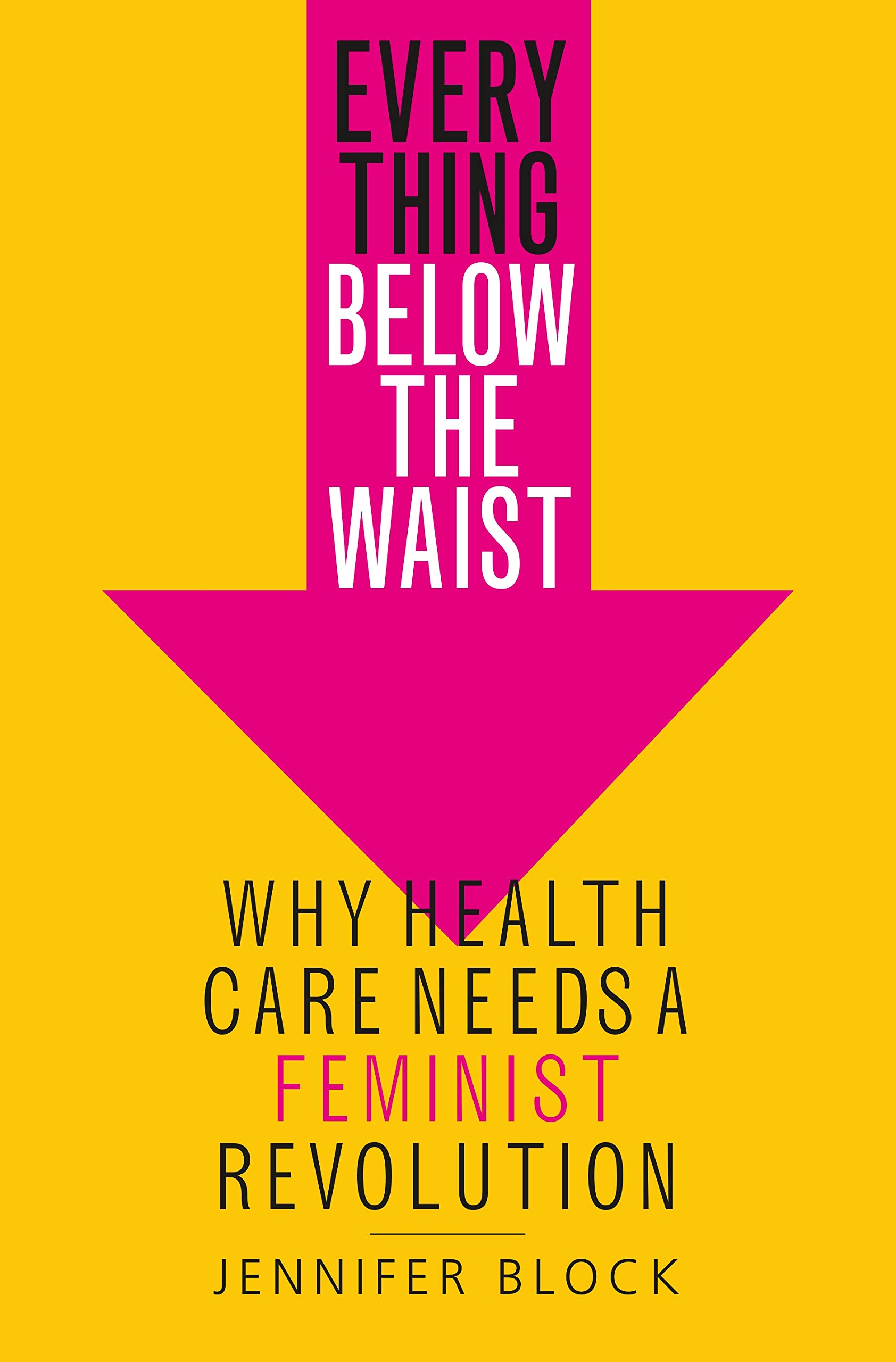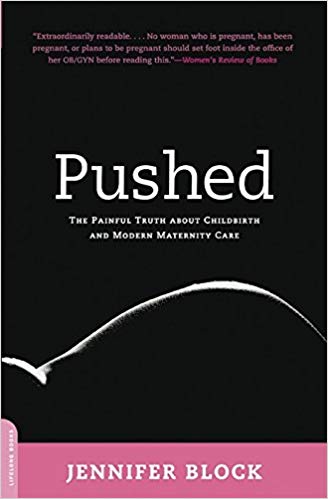
Everything Below the Waist: Why Healthcare Needs A Feminist Revolution
From Everything Below the Waist:
The papaya plant has the enviable ability to grow either “male” flowers or “female” flowers or both, and it may switch sexes entirely during a heat wave, or after the fruit is harvested. Among the sola variety, native to Hawaii, a majority of plants will grow male and female flowers simultaneously, which ensures a crop will bear fruit.
Humans cannot swap petals so easily, nor can we reproduce or contracept by cellular fiat. And yet a sola papaya (smaller and rounder than the Mexican varieties) resembles a pregnant uterus, so much so that around the world, humans use the fruit to learn one method of modern reproductive control: manual vacuum aspiration, or MVA, a low-risk, low-tech method of first trimester abortion that requires little or no anesthesia.
This, too, is the fruit I have been given to practice on. I'm with a small group of learners in a living room—I have agreed not to say where or with whom— and vinyl gloves lie scattered about, a tropical smell in the air. I've placed my papaya on the coffee table and I'm focused on the neck, where its stem grew, which evokes the cervical os. The tool I'm using is a large plastic syringe with a bendable plastic straw-like thing, called a cannula, where the needle would be. At the top of the syringe is a bivalve, to create one-way suction.
I carefully peel the remnant of the papaya's stem, then set the bivalve by pressing two plastic tabs, then pull the plunger on the syringe. For learning purposes, my cannula is 8 millimeters wide—larger than necessary for a very early procedure—roughly the size of a drinking straw. I press it gently into the brown dot on the fruit. The skin gives, and the instrument slides in.
The grant jury: This is an ambitious book – refreshing and compelling – about the politics of gynecology and obstetrics, ranging across fields that include the health industry, behavioral science, and the history of sexuality. Block argues that women’s health still all too often falls into the gaps between policy, science, and politics, traces some of the often radical ways that women have attempted to repair this marginalization, and offers a critique of feminism’s unintended complicity. Research that might in other hands be wielded clumsily is marshaled to persuasive effect. Lucidly written, illuminating and even groundbreaking, this is a work of advocacy as well as a sobering history, and will be a significant contribution to the ongoing movement for improved women’s health. It may well earn a place alongside classics of feminist sociology
An investigation of how the medical system is failing women, as well as a look back at the feminist health movement that strove for better care—and what happened to it.
Jennifer Block is an award-winning investigative journalist focused on health. Her work has appeared in The Washington Post Magazine, The Los Angeles Times, Pacific Standard, The Cut, Newsweek, The Daily Beast, and many other publications. Her first book, Pushed: The Painful Truth About Childbirth and Modern Maternity Care, was named a “Best Book of 2007” by Kirkus Reviews and a “Best Consumer Health Book” by Library Journal.
Selected Works

